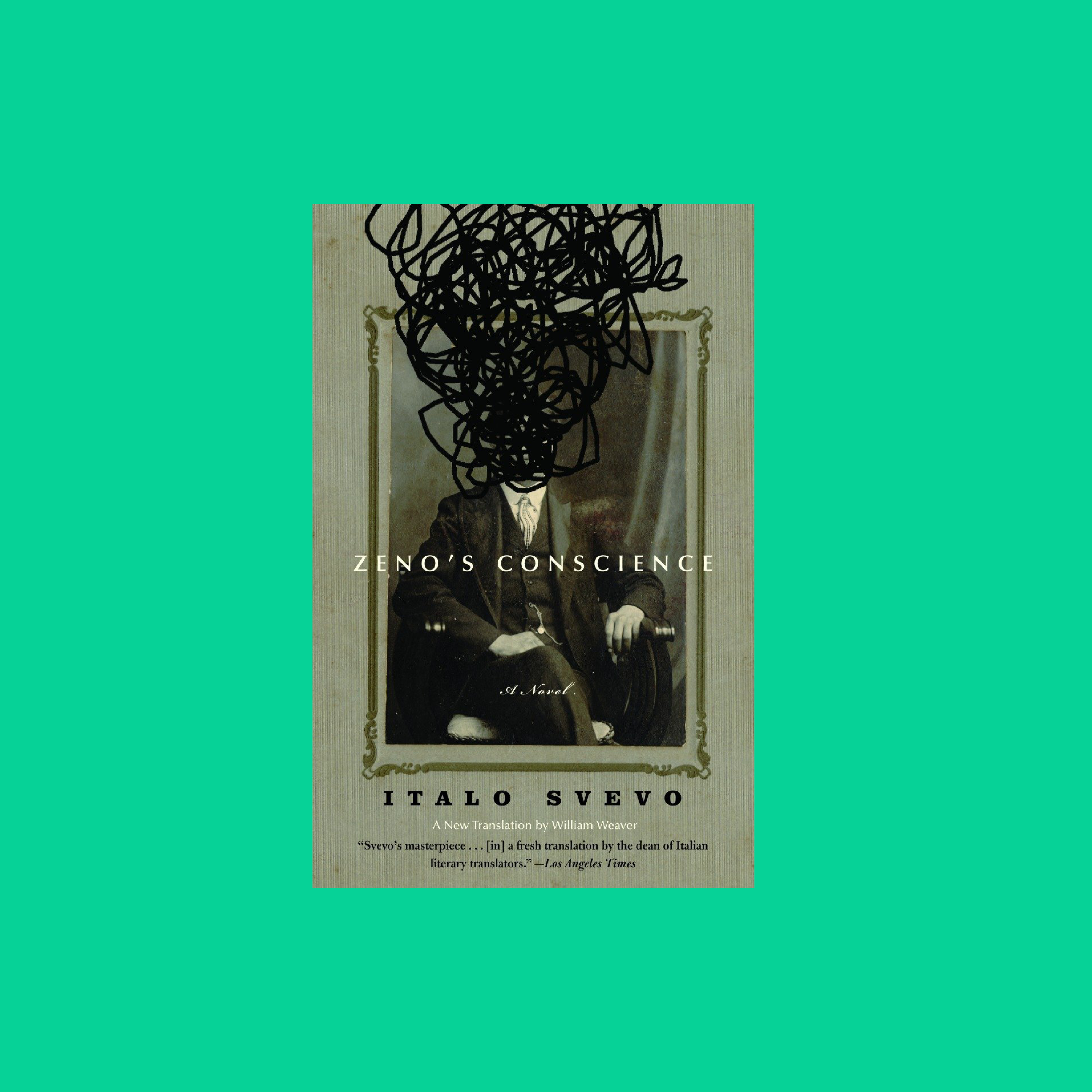APS TOGETHER
Day 2
Zeno’s Conscience by Italo Svevop. 20—p. 37 (“But I would have been amazed to see him really happy, alone and old as he was.”)
September 14, 2022 by Claire Messud
When Zeno’s wife leaves him in Dr. Muli’s clinic, to be imprisoned by a nurse named Giovanna until he quits smoking, she smiles and wishes him strength. Paradoxically that smile, “which I so loved”, wakens in him a feeling that “an enterprise undertaken with such seriousness was doomed perforce to fail at once” he’s lost before he’s begun!
Having got Giovanna drunk and heard her confession of marital infidelity, Zeno is “seized by a fury” at the idea that Dr. Muli (which means ‘mules’ in Italian) and his wife are together—even though rationally he knows this is unlikely.He is the one with a propensity for infidelity, and projects his own behaviors onto her…
Zeno’s father’s death, when Zeno is thirty, comes (unlike his mother’s) after his loss of religious faith: thus, the father and the Father are both dead, and he grieves also the loss of Zeno’s own future (or his excuses for procrastinating): “There was no longer a tomorrow to which I could address my determination,” is how he wonderfully puts it.
Comparing himself to his father, Zeno describes himself as strong, because “I…have always possessed—perhaps my supreme misfortune—an impetuous drive toward the future.” A gift and/or a curse; also the state of man in the 20th century—as the novel’s ending will suggest.
